|
The vast majority of humans need to sleep for about 8 hours per night. This fact is increasingly supported by scientific studies. Sleeping for less, even if it's only one or two fewer hours per night, can have immense negative impacts on our brain, physical health and longevity. Even if you don't read any further, make a point to get plenty of sleep tonight, tomorrow and every night thereafter. Our modern culture has come to wear all-nighters and claims that "I don't need much sleep" as badges of honor that signify determination and a strong work ethic. Unfortunately, no amount of will-power or toughness can match the memory, cognition and mental flexibility that sufficient sleep offers. You probably know that our daily sleep-and-wake cycle is governed by the circadian rhythm. Every living being on earth has this cycle built into its cells and brain, as we have evolved on a planet with 24 hour patterns of light and dark. It has long baffled humans why we spend so much time unconscious. Do we really need that much "rest"? Actually, no! Because sleeping shouldn't be confused with inactive "rest". Sleeping is an active state for many systems in the body and brain. It is not just "turning off", but more like a race car pulling into a pitstop. The car's wheels may not be spinning, but it is getting vital repairs and maintenance that enable it to function. Skipping a pitstop will reduce function and eventually cause catastrophic failure. Sleep is the same way for humans. It is absolutely vital, and every hour of it is essential. Humans need about 8–9 hours of sleep each night. This is broken up into 90 minute cycles where the brain goes into deep sleep and then returns to a shallower form. There are a few different "levels" of sleep, and each accomplishes different tasks in the brain. We need all of these things for the proper function of our memory, learning and coordination, let alone our health.
Put another way, we sleep differently early in the night than in the morning just before waking. The first hours of sleep are populated with deep, dreamless sleep, while the last hours are full of vivid dreams. Deep sleep clears our day's short-term memory, integrating it into long term storage and preparing us for the next day of learning. Dreaming sleep improves coordination of the body and motor function. Athletes and others who will benefit from physical coordination—including modern yogis—need this part of sleep. So don't skimp! Sleep shortages, even as small as one or two hours, can negatively impact our memory, our ability to learn new information, our blood sugar, our immune system and our hunger. We may think that missing only a couple hours in a night will have minimal impact, but sleeping six hours per night for six nights is roughly equivalent to pulling an all-nighter. Our waking function becomes hugely compromised. The moral is this: Don't cut your sleep short! Be sure to get enough total hours, and be sure to get all the different parts of sleep. Probably the easiest to neglect is dreaming sleep in the morning, which is the first to get cut off by an early alarm. (Also, read Why We Sleep by Matthew Walker, PhD. An excellent book that blew our minds. Thanks to Sue for the recommendation!)
0 Comments
Leave a Reply. |
AUTHORSScott & Ida are Yoga Acharyas (Masters of Yoga). They are scholars as well as practitioners of yogic postures, breath control and meditation. They are the head teachers of Ghosh Yoga.
POPULAR- The 113 Postures of Ghosh Yoga
- Make the Hamstrings Strong, Not Long - Understanding Chair Posture - Lock the Knee History - It Doesn't Matter If Your Head Is On Your Knee - Bow Pose (Dhanurasana) - 5 Reasons To Backbend - Origins of Standing Bow - The Traditional Yoga In Bikram's Class - What About the Women?! - Through Bishnu's Eyes - Why Teaching Is Not a Personal Practice Categories
All
Archives
May 2024
|

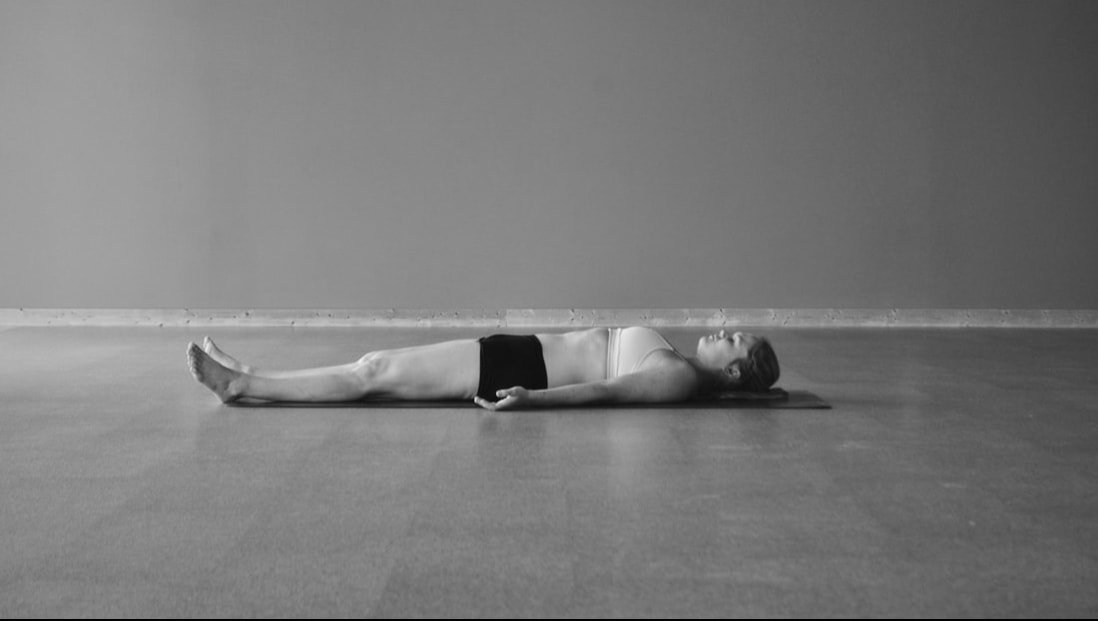
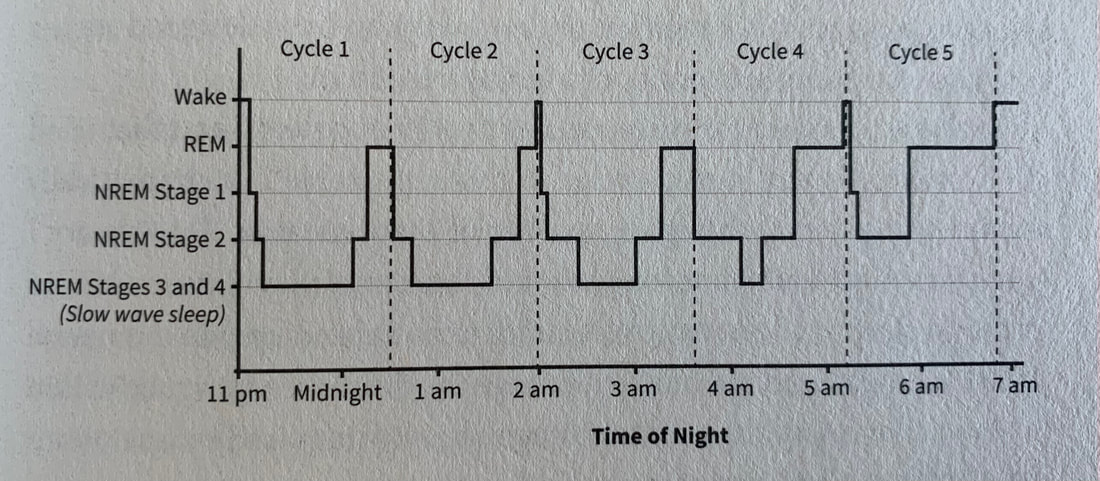
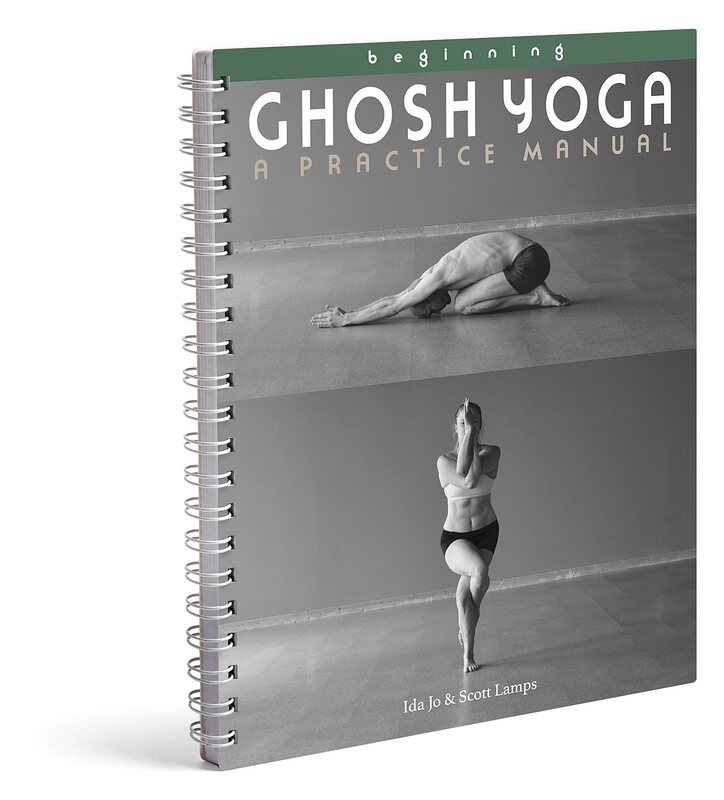
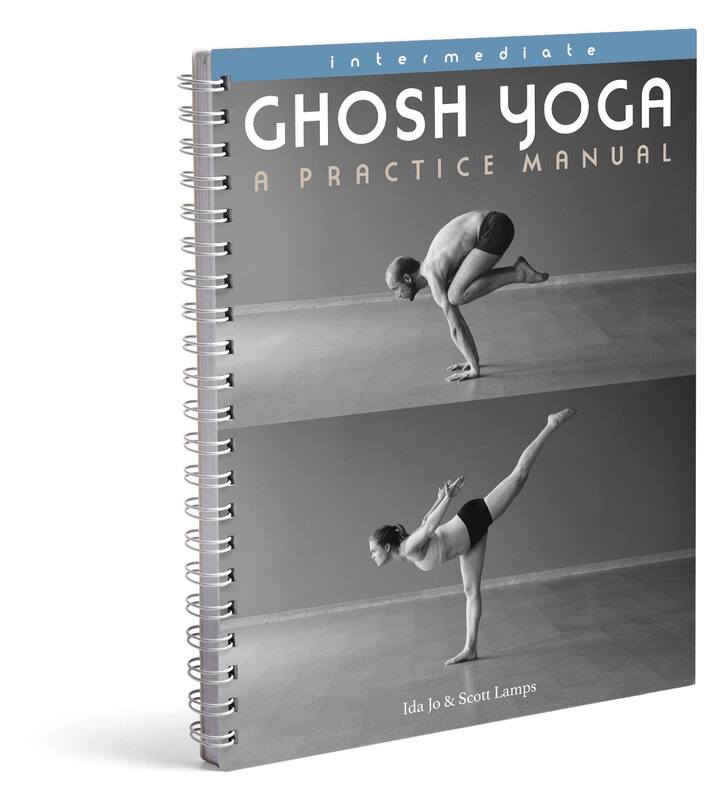
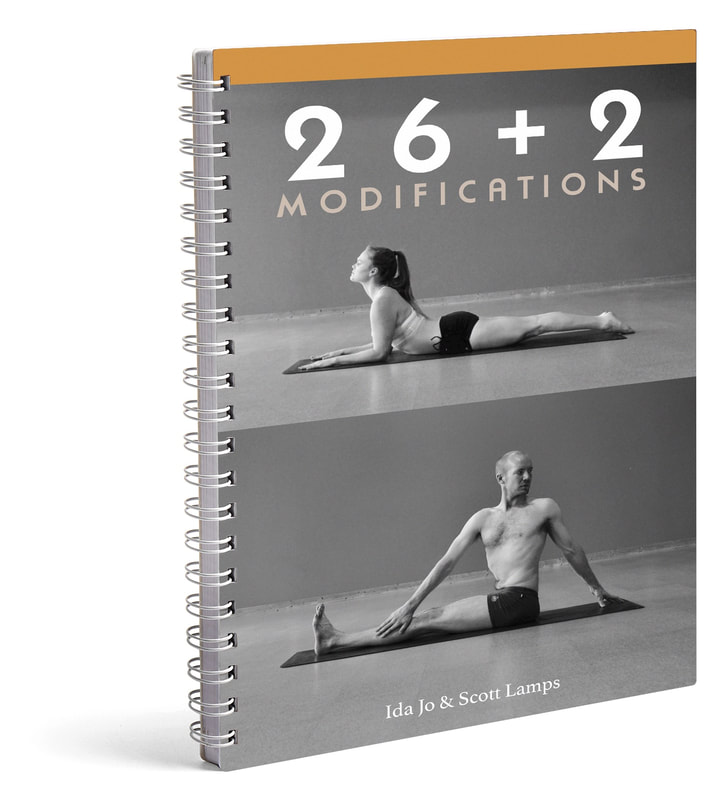

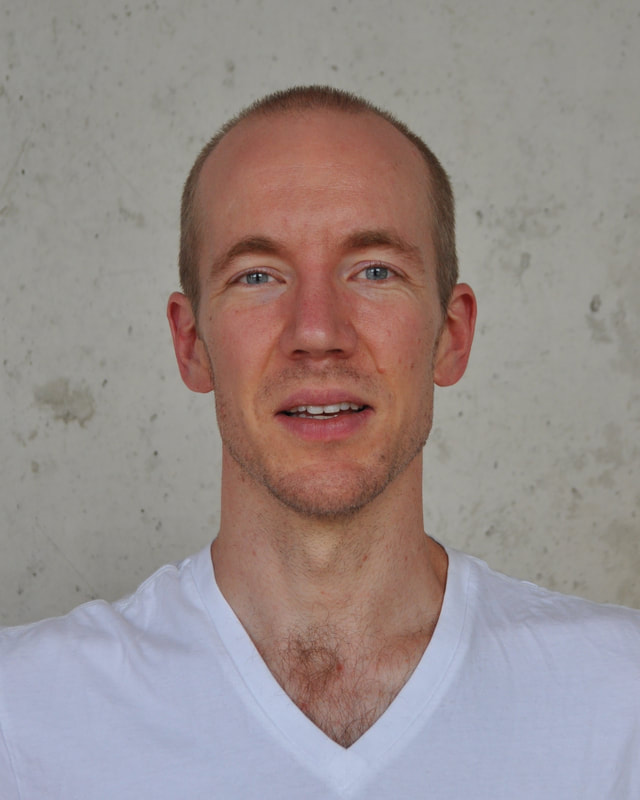
 RSS Feed
RSS Feed